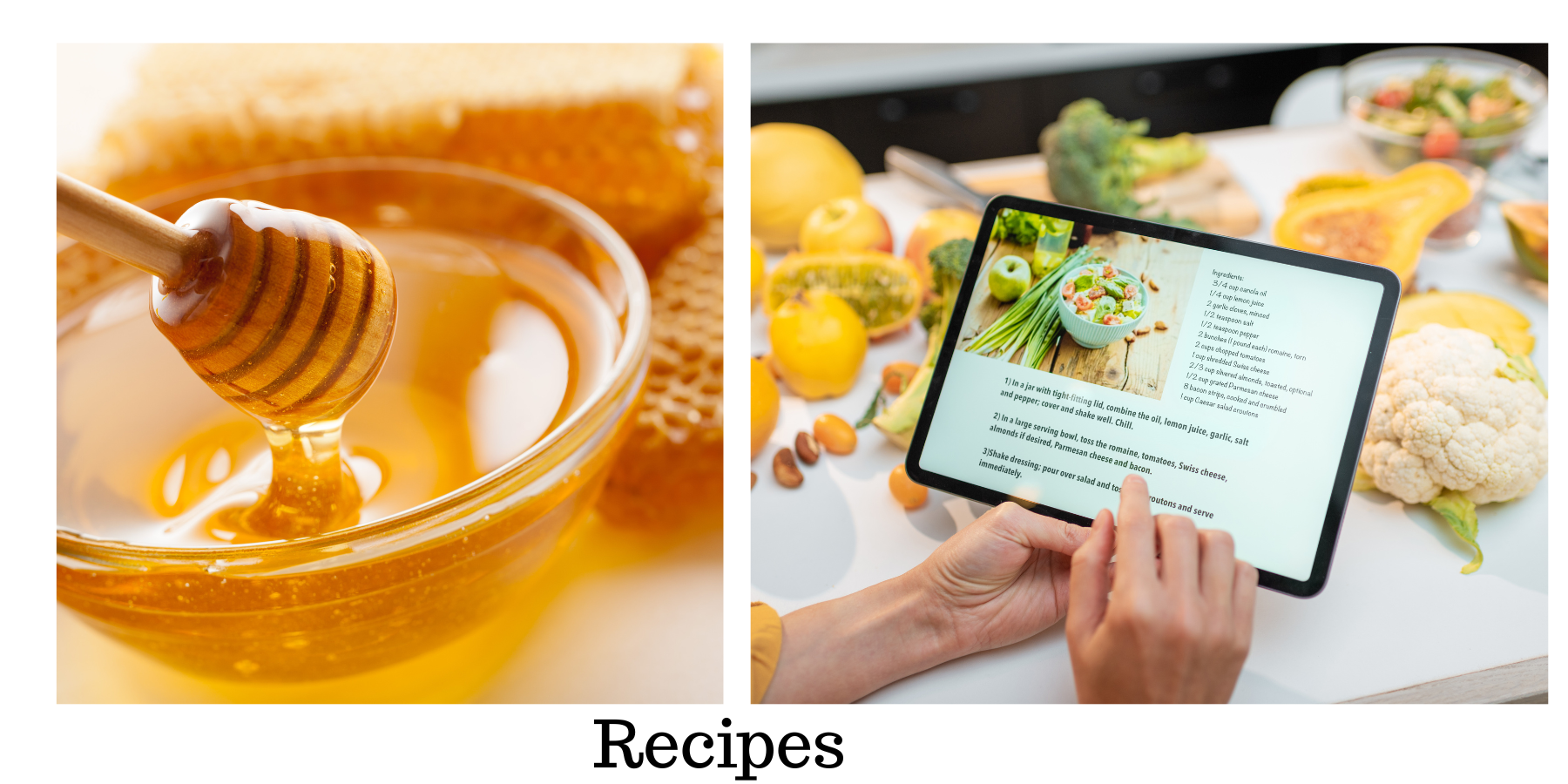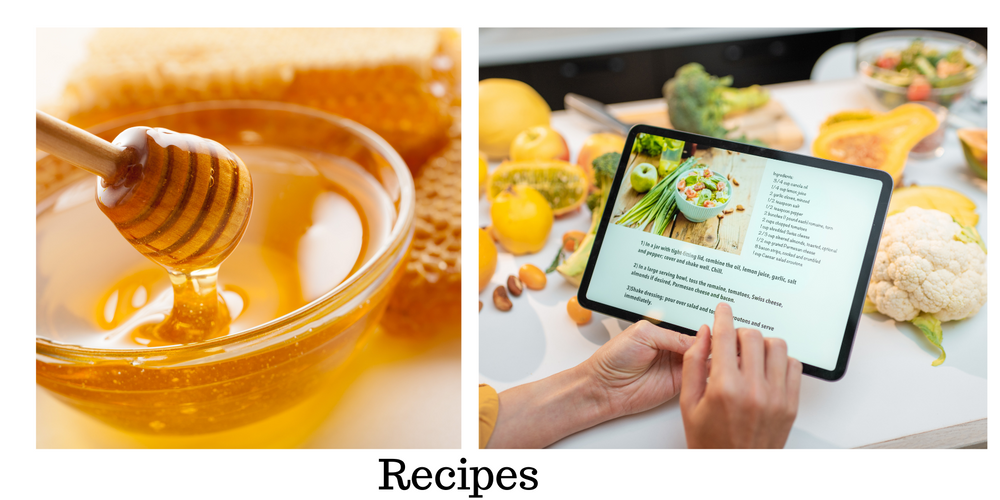Ease your cough with ancient remedies: Chinese herbs offer a gentle and soothing solution
Nov 15th 2023

FAQ - Old Fashioned Recipes for Hacking Cough
Q: What are old-fashioned remedies for a hacking cough?
A: Old-fashioned remedies for a hacking cough include natural ingredients that were commonly used before modern medicine. These remedies often provide relief and can be easily prepared at home.
Q: Are old-fashioned remedies effective in treating a hacking cough?
A: While these remedies may not have been scientifically proven to cure a hacking cough, many people have found relief from their symptoms using these methods. It is always recommended to consult a medical professional for a proper diagnosis and treatment.
Q: What are some popular old-fashioned recipes for a hacking cough?
A: Some popular old-fashioned recipes for a hacking cough include:
- Honey and Lemon Tea: Mix warm water with raw honey and a squeeze of lemon juice. Drink this concoction several times a day to soothe your throat and reduce coughing.
- Ginger and Honey Syrup: Boil fresh ginger slices in water for a few minutes. Strain the liquid and mix it with raw honey. Take one tablespoon of this syrup as needed for cough relief.
- Onion and Honey Cough Syrup: Combine finely chopped onions with raw honey and let it sit overnight. Take one to two teaspoons of this syrup whenever you feel the need to ease your cough.
- Turmeric Golden Milk: Warm milk infused with turmeric, ginger, and a touch of honey can help alleviate a hacking cough. Drink this mixture before bed for a good night's sleep.
- Steam Inhalation: Boil water and pour it into a wide bowl or basin. Place your face over the bowl, cover your head with a towel, and inhale the steam for a few minutes. This can help relieve congestion and lessen coughing.
Chinese herbal medicine has a long history of using various herbs to address coughs, including hacking coughs. It's important to note that herbal remedies should be used with caution, and it's advisable to consult with a qualified Traditional Chinese Medicine (TCM) practitioner or a healthcare professional before using any herbal remedies, especially if you have underlying medical conditions or are taking medication.
Here are some Chinese herbs commonly used to relieve coughs, including hacking coughs:
- Honey: While not an herb, honey is frequently used in Chinese medicine to soothe the throat and alleviate coughs. It can be taken alone or mixed with other herbs.
- Bai Qian (Radix Cynanchi Baiqian): This herb is often used to address coughs caused by lung congestion and phlegm. It helps to clear phlegm and relieve coughing.
- Kuan Dong Hua (Flos Tussilaginis): This herb is known for its ability to stop coughing, especially for dry and hacking coughs. It can be used in combination with other herbs to address different types of coughs.
- Zi Su Zi (Fructus Perillae): Zi Su Zi is commonly used in TCM to treat coughs with a sensation of fullness and chest congestion. It helps to dispel phlegm and open the airways.
- Xing Ren (Semen Armeniacae Amarum): This herb is often used for coughs associated with a sensation of dryness and irritation in the throat. It can help soothe the throat and reduce coughing.
- Gan Cao (Radix Glycyrrhizae): Gan Cao, or licorice root, is used in many TCM formulas to harmonize other herbs and relieve coughs. It has soothing properties and can help reduce throat irritation.
- Jie Geng (Radix Platycodonis): Jie Geng is used to help open the airways and promote the flow of qi and phlegm. It is often used in formulas for productive coughs.
- Tian Hua Fen (Radix Trichosanthis): This herb is used to clear heat and phlegm, making it suitable for coughs with thick and sticky phlegm.
- Zhi Mu (Rhizoma Anemarrhenae): Zhi Mu is used for dry coughs with little phlegm. It helps to moisten the lungs and relieve irritation.
- Bai Bu (Radix Stemonae): Bai Bu is used for coughs with a sensation of chest fullness and difficulty breathing. It can help relax the airways.
It's important to remember that TCM herbal remedies are often used in combination to address the specific patterns and underlying causes of a cough. Self-diagnosis and treatment can be risky, so it's best to consult with a qualified TCM practitioner who can assess your condition and create a personalized herbal formula tailored to your needs.
Additionally, if you have a persistent or severe cough, it's crucial to consult with a healthcare professional to rule out any underlying medical conditions or infections.


